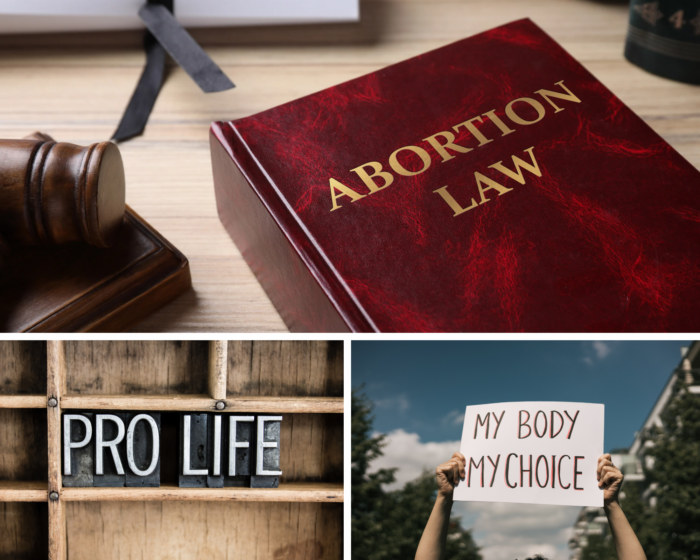
High Court to Proceed with Trial on Antigua and Barbuda’s Abortion Laws
In a significant legal development, Justice Jan Drysdale has given the green light for a constitutional challenge to Antigua and Barbuda’s abortion laws to proceed, dismissing the government’s claim that the relevant sections were repealed in 1995. This decision has reignited the debate on reproductive rights in the country and brought pro-choice activists into the spotlight.
Advocates for Safe Parenthood, Improving Reproductive Equity (ASPIRE), the group behind the challenge, welcomed Justice Drysdale’s ruling. However, they were quick to clarify their position in response to how their activism has been characterized.
“We are not abortion rights activists. We are pro-choice activists. There is a world of difference,” ASPIRE stated in a letter to Observer media. The group emphasized that their focus is on women’s health and agency in pregnancy decisions, rather than solely on abortion.
ASPIRE further elaborated on their stance, stating, “We are for safe motherhood. We are pro-life. Indeed, we are pro-choice because we are pro-life.” Their efforts, they say, are directed towards improving contraceptive usage, promoting male responsibility, and preventing unintended pregnancies, ultimately aiming to reduce the need for abortions.
The legal proceedings took an unexpected turn when the government’s legal team, led by attorneys Dr. David Dorsett and Carla Brooks-Harris, argued that the challenged sections of the Act were repealed in 1995 through the Sexual Offences Act. They claimed this made the challenge moot, despite acknowledging a clerical error in referencing the correct legal code.
Countering this claim, Sherri-Ann Bradshaw, representing the activists, argued that the repeal did not apply to abortion laws, as abortion is not classified as a sexual offense. She emphasized the importance of considering Parliament’s intent during the passage of the Sexual Offences Act.
Justice Drysdale, recognizing the constitutional significance and public interest of the case, stated that the complex issues require further evidence and legal analysis. As a result, she allowed the case to move forward, setting the next hearing for December 5.
While the judge awarded costs to the activists, ASPIRE argued that the sum of $1,500 was insufficient, describing it as “a mere slap on the wrist.” They contend that higher costs are necessary to discourage the government from “wasting the court’s time and delaying justice.”
As the case progresses, it is likely to continue drawing attention from various sectors of society. The upcoming proceedings may see the Ecclesiastical Commission joining as a third party opposing the repeal of existing laws, adding another layer of complexity to the case.
This ongoing legal battle highlights the sensitive nature of abortion laws and the importance of precise language in discussions surrounding reproductive rights. As Antigua and Barbuda grapples with these complex issues, the nation watches closely, recognizing the potential far-reaching implications of the court’s eventual decision on women’s rights and reproductive health policies.




0 Comments